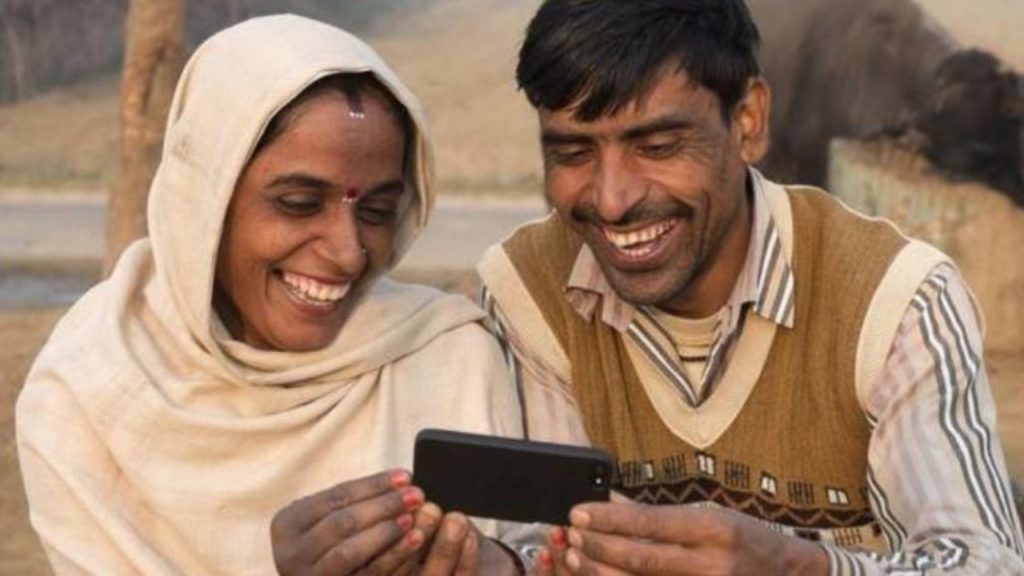An Average Indian Uses 14GB Data Per Month; Telcos Earning Reduces By 96% Per GB

In recent years, Indian telecommunication place has been an interesting place to watch out for. It has given us a full-blown drama. The entry of a new player, Reliance Jio has changed the way this industry operates. It forced some players to exit from the Indian market altogether while others were forced to collude in opposition.
At the receiving end of this drama has been Indian Consumer who has benefited from these wars. In recent years have seen a tectonic shift in the way Indians are consuming data. And the latest report shared by the department of telecommunication is also signaling the same.
Data consumption of average Indian increasing by leaps and bounds
According to the latest data shared by the department of telecommunications (DoT), internet connections in the country have reached 833.7 million in June 2021, of which 790 million are broadband connections.
While sharing the highlights of 2021, the DoT said the average monthly data consumption per wireless data subscriber increased to 14 GB in June 2021 from 61.66 MB in March 2014. At the same time, average revenue realization per subscriber per GB wireless data reduced to Rs 9.8 in June 2021 from Rs 268.97 in December 2014, a reduction of more than 96%.
Under the BharatNet project, till October 31, 2021, a total number of 17,232 gram panchayats have been made service ready, of which 16,344 gram panchayats are on optical fiber cable and 888 panchayats are on satellite media.
It should be noted that the scope of the BharatNet project has been extended to reach all villages in the country. On June 30, 2021, the government accorded approval for the implementation of BharatNet through the public-private partnership (PPP) model in 16 states of the country covering about 3.61 lakh villages (including 1.37 lakh GPs).
India is gearing up for 5G
The government is also preparing an indigenous 5G test bed which is likely to be completed by December 31. The Rs 224 crore project funded by DoT, has 8 implementing agencies — IIT Bombay, IIT Delhi, IIT Hyderabad, IIT Madras, IIT Kanpur, IISc Bangalore, SAMEER and CEWiT. They have been working over a period of 36 months.
Once it is completed, it will pave way for end-to-end testing of 5G user equipment and network equipment by stakeholders including indigenous start-ups, SMEs, academia, and industry.
The indigenous 5G test bed will play a key role in enabling the development, testing, and proliferation of 5G technology system components, cross-sectoral use-cases, besides setting up the foundation for the development of the “6G Technology landscape” in the country.

Comments are closed, but trackbacks and pingbacks are open.